
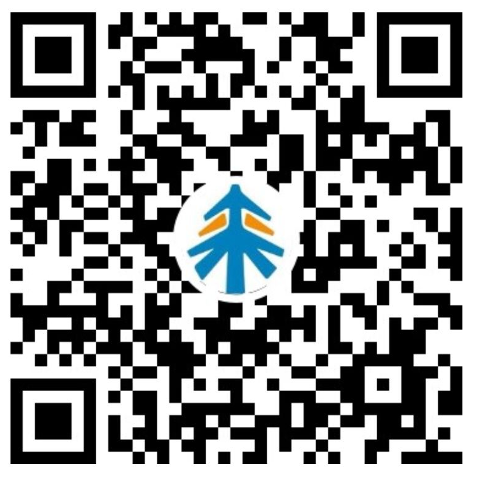
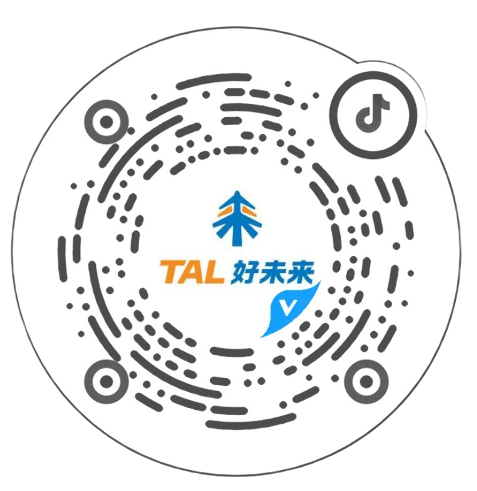

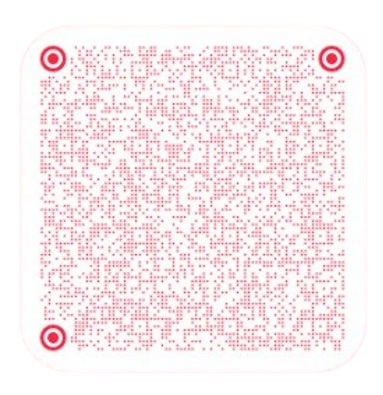
Recently, the Beijing Municipal Science and Technology Commission and the Zhongguancun Science and Technology Park Management Committee held the Beijing Internet 3.0 Ecological Development Conference at the Internet 3.0 Industrial Base (Xingdi Center) in Chaoyang District, and released the "Research Report on Internet 3.0 Application Scenarios in Beijing" (hereinafter referred to as the "Report"), with TAL Education Group's intelligent homework as the only representative case in the field of smart education.
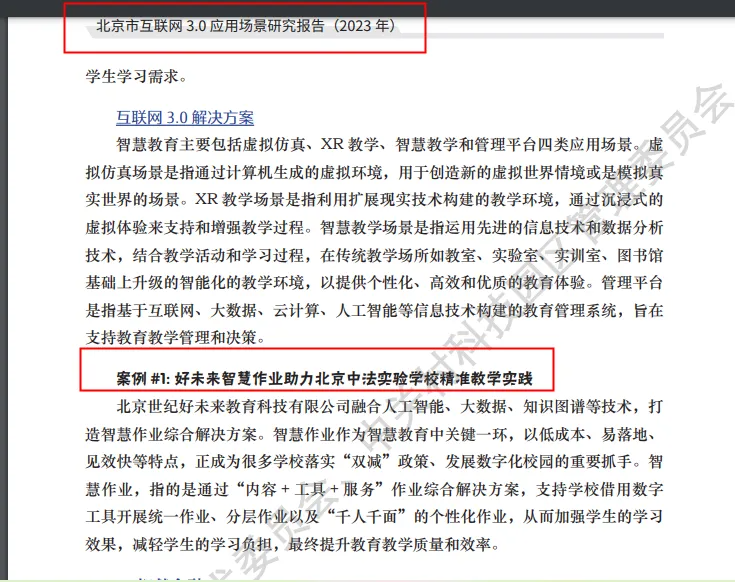
The "Report" has outlined 12 specific areas of Internet 3.0 applications in four major sectors: industry, urban development, industrial applications, and consumption, including smart education, intelligent manufacturing, smart city, and cultural communication. It has selected 26 representative application cases based on the criteria of innovation, demonstration, economic and social benefits, and scalability.
The "Report" points out that the combination of education and information technology has become an important way to promote the high-quality development of education. Smart education will play an important role in promoting China's education reform and building a strong education system. However, smart education still faces challenges such as inadequate basic technological infrastructure, differences in teacher habits, and insufficient high-quality educational resources.
In this context, TAL Smart Homework, as a representative of smart education, is becoming an important tool for many schools to implement the "dual reduction" policy and develop a digital campus, due to its low cost, easy implementation, and quick results.
Smart Homework refers to a comprehensive solution of "content + tools + services" for homework, supporting schools to carry out unified homework, hierarchical homework, and personalized homework with personalized approaches for diverse student needs, thereby strengthening students' learning effectiveness, reducing their learning burden, and ultimately improving the quality and efficiency of education and teaching.
TAL Smart Homework integrates technologies such as artificial intelligence, big data, and knowledge graphs. Compared to similar technologies, it has achieved three major technological innovations: first, using knowledge graphs to achieve intelligent personalized homework recommendations that are more in line with educational laws; second, combining software and hardware to achieve automatic homework correction without changing existing paper-based writing and grading habits; third, achieving OCR recognition and automatic correction functions, with an accuracy rate of >98% for objective question automatic grading.
Since the spring semester of 2022, TAL Smart Homework has been piloted at the Ecole experimentale franco-chinoise. It effectively reduced the burden of homework correction for teachers and improved the efficiency of homework feedback without changing the existing paper-based writing habits of teachers and students. At the same time, through student diagnostic services, it helps school teachers to more accurately understand students' learning status and achieve data-driven precise guidance. In addition, using algorithms for off-topic prevention, difficulty stratification, and homework duration assessment, personalized homework is recommended for students based on individual learning data and targeted exercises for the overall weak areas of the class.
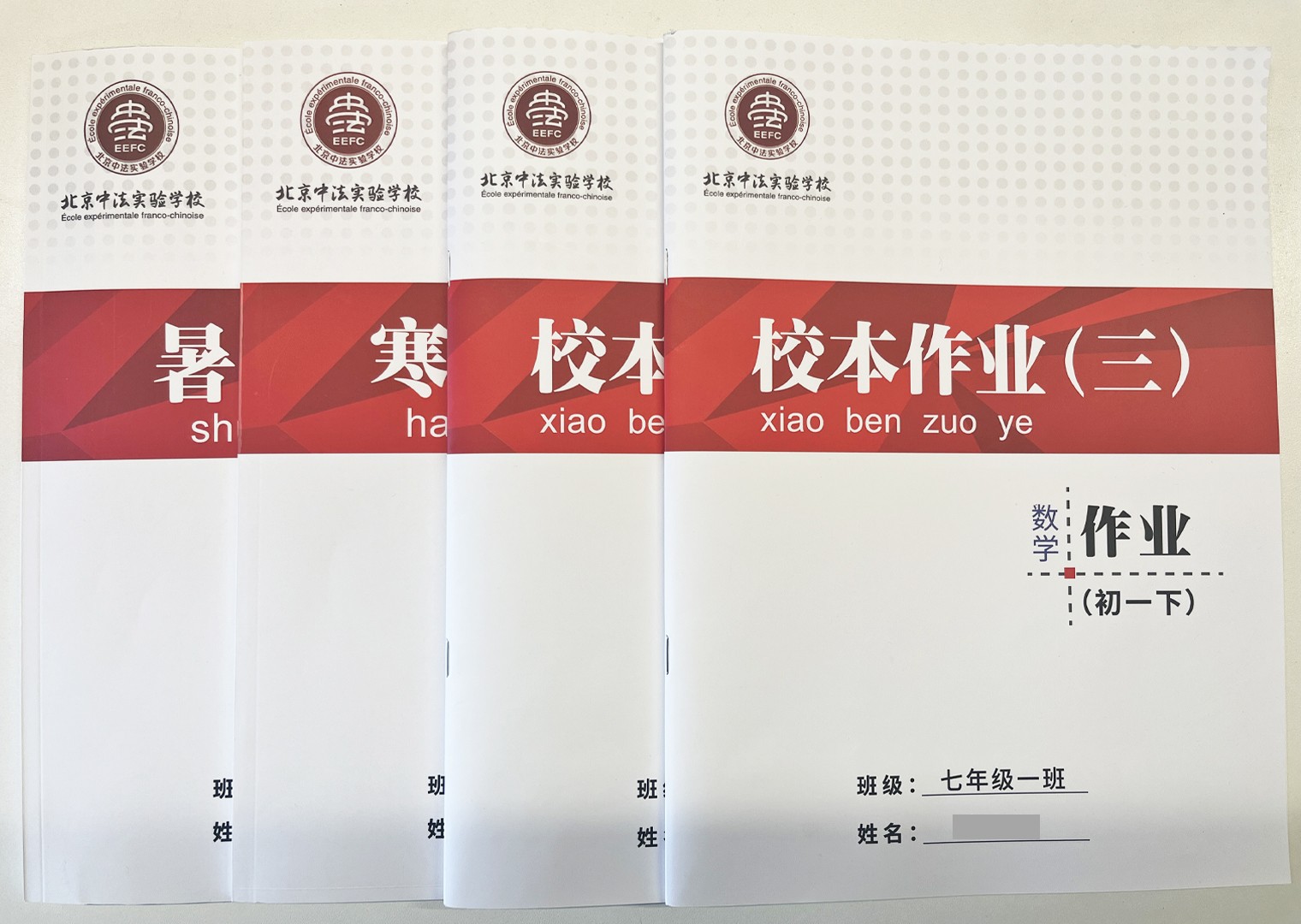
As of June 2023, Ecole experimentale franco-chinoise has accumulated a high-quality school-based homework library for subjects such as mathematics and physics. Teachers have assigned over a thousand pieces of homework through the Intelligent Homework Premium Resource Library and have also viewed and downloaded homework reports through the Student Performance Report Board nearly a thousand times.
Director Zhu of the Teaching and Research Department of Ecole experimentale franco-chinoise was deeply touched by the changes after the implementation of intelligent homework in the school: "Before the implementation, designing student homework and collecting and organizing student data took up almost a third of teachers' teaching time! Wouldn't it be more valuable if this time could be spent focusing on the students?" Based on this, the school introduced intelligent homework to enable teachers' new ideas to be quickly implemented, continuously optimizing and upgrading homework designs, and improving the quality of homework. At the same time, the intelligent grading function of intelligent homework can collect student data in real time, making student data-based teaching more efficient and improving teaching effectiveness. By visualizing student data and empowering precise teaching, a virtuous cycle of teaching and homework is formed, truly reducing the burden and improving efficiency. Teachers can use the saved time to discover more highlights of students in the class and cultivate their all-around development.
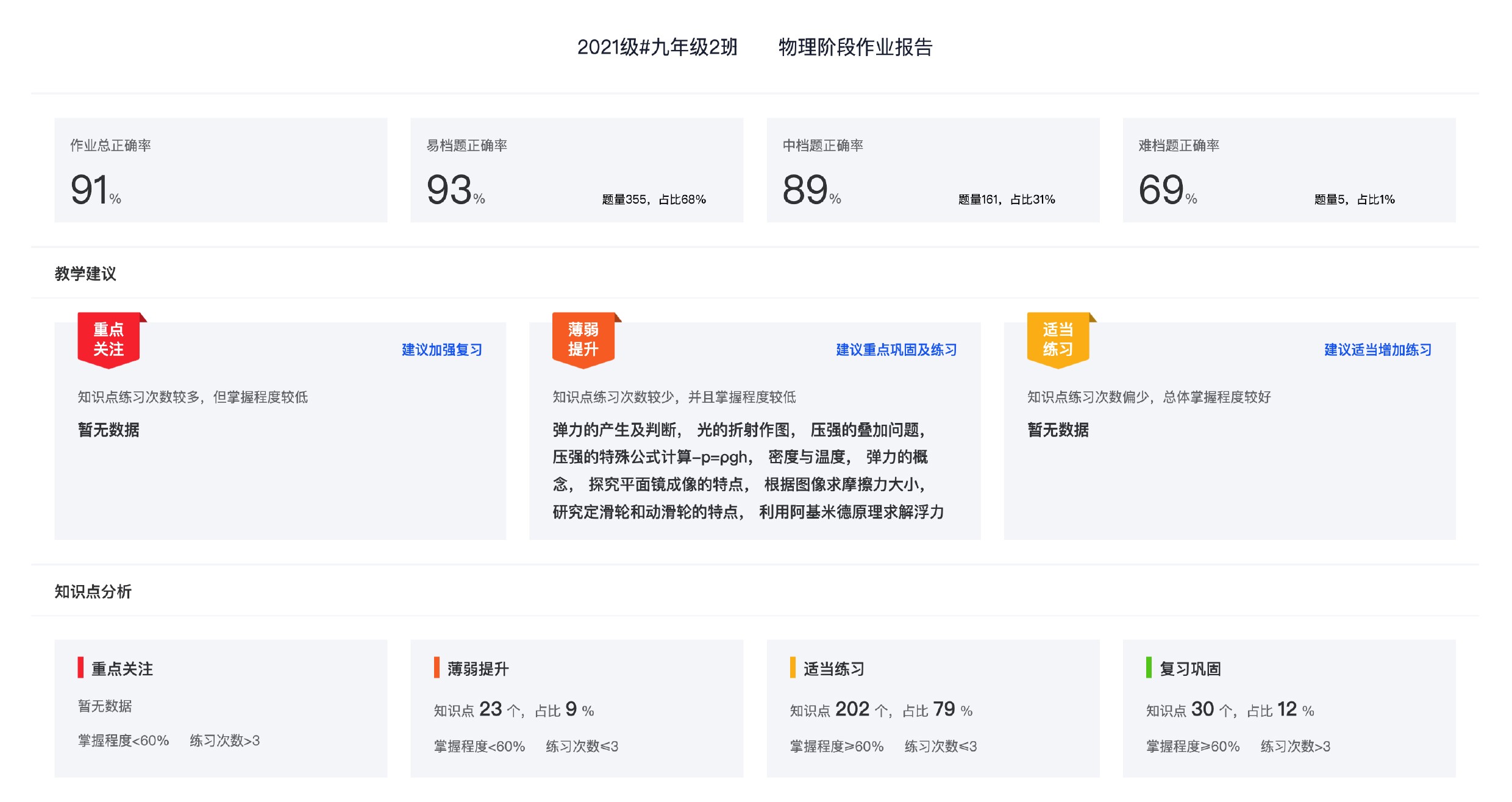
It is worth mentioning that TAL Smart Homework also integrates unique educational resources, including a high-quality question bank with tens of millions of premium questions, a library of 400,000 sets of premium papers, and joint research and teaching services of TAL Education Group. Currently, TAL Smart Homework has been selected as the "List of Smart Education Products and Service Providers (First Batch)" by the Smart Education Working Committee of the China Internet Association. Also, it has been selected as a representative case in the field of artificial intelligence practice and empowered by the Beijing Municipal Artificial Intelligence Industry (2023).
The original text is from: China Education Network https://www.chinaedunet.com/huodong/zxhd/2023/9/content_248311.shtml